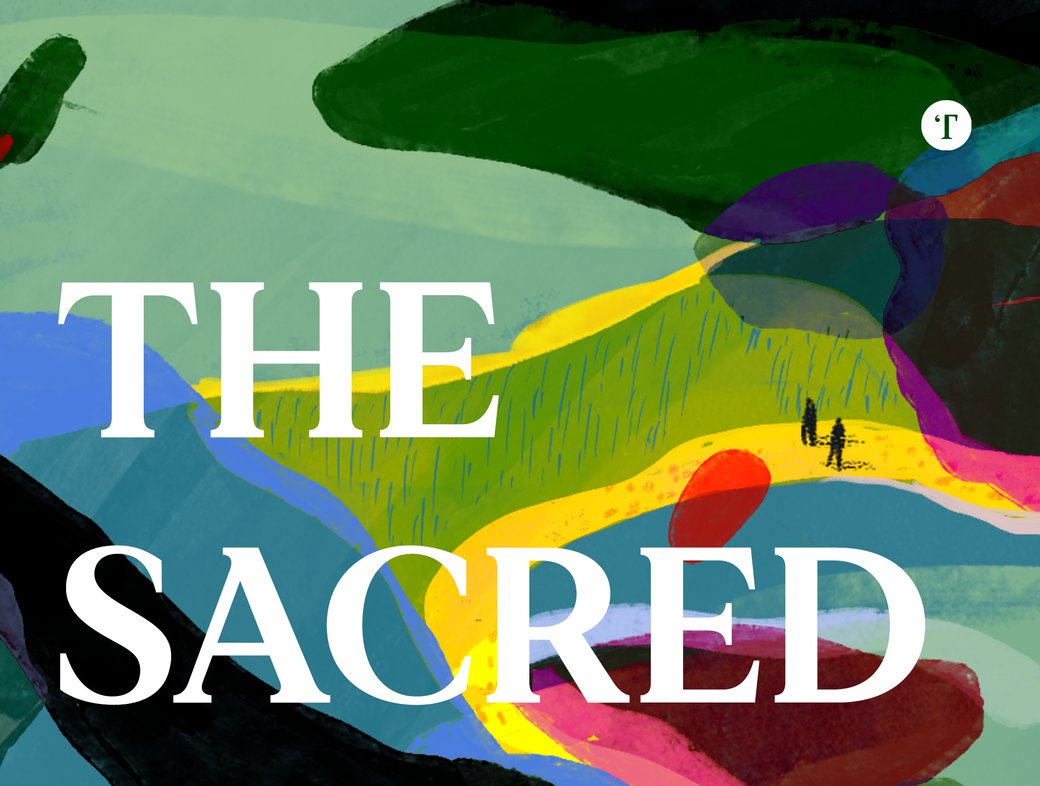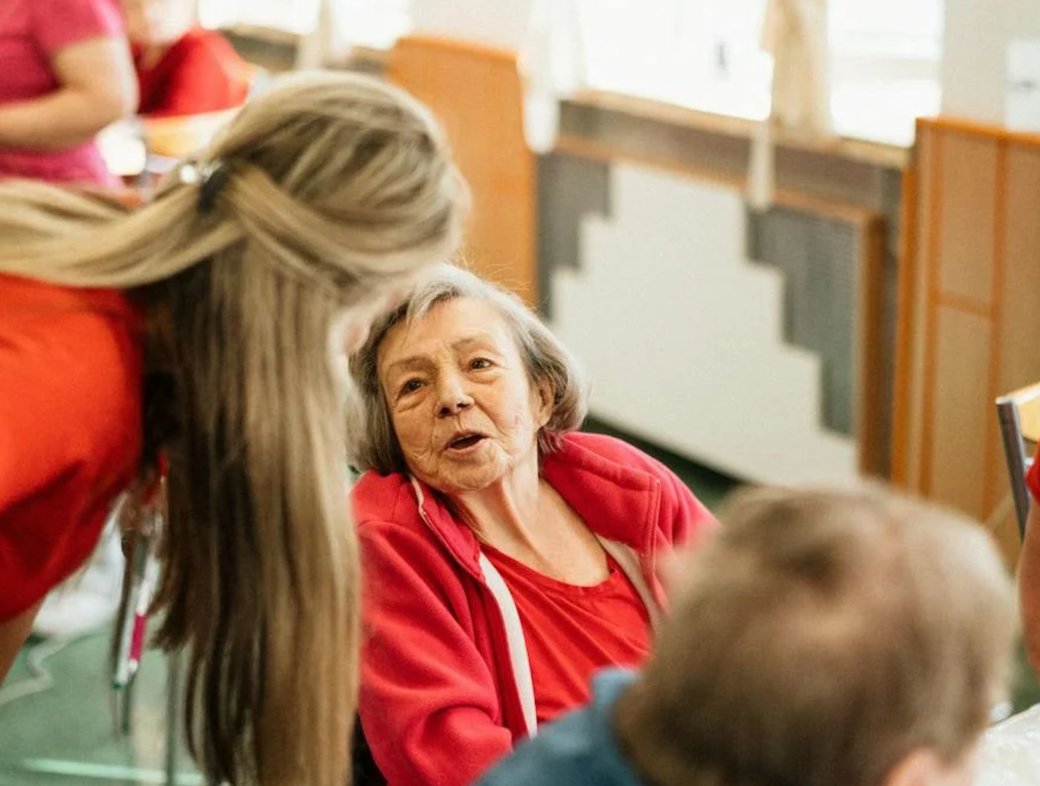
Project summary
Work is fundamental to human society.
It is the way people provide for themselves and their families. But work is more than money, hours, wages, productivity and GDP. As Theos’ previous research has noted, work connects us not just to prosperity, but also to community and meaning. When we focus only on the financial and economic dimension we miss its wider significance.
Work is the main way in which most of us interact with the wider community outside our immediate household. It can mean being part of a team and a task. Good work can improve feelings of social integration and life satisfaction; conversely, unemployment can reduce a sense of social worth. Work frames how we relate to others at the level of our identity (“what do you do?”). Our work often determines and the groups we are part of: professional associations, social class, unions.
Work is changing, and not always in positive ways.
This year, we are launching a series of reports under the title Work Shift: How Love Could Change Work. It will chart some of the deep changes in the labour market – how millions more of us are working from home, the rise in insecure work, gender shifts in the labour market, and changes underway in the world of social care. We will be exploring the ways in which work can shape (and be shaped by) our relationships with other people – not just our colleagues, but family, friends, neighbours, and wider society – and how recovering an appreciation of these relational aspects of human labour might even make our working lives better.
Our first report in the series, The Ties That Bind by Tim Thorlby explore the social impacts seen with the rise of insecure and lone working. You can read the full report here.
Our second report in the series, Working Five to Nine by Paul Bickley examines how we can achieve greater ‘work–life integration’ by paying attention to the subjective dimension of work. You can read the full report here.
Our third report in the series, Love’s Labours by Hannah Rich explores what ‘love’ means in the context of care work and how rediscovering it might lead us to value care work more highly. You can read the full report here.
Further reading
Read previous Theos research on work here.
Read Paul Bickley reflect on the importance of the Sabbath here.
Read Chine McDonald reflect on how good work is not just about money here.
Read Tim Thorlby on the dignity of good work here.
Interested in this? Share it on social media. Join our monthly e–newsletter to keep up to date with our latest research and events. And check out our Supporter Programme to find out how you can help our work.







